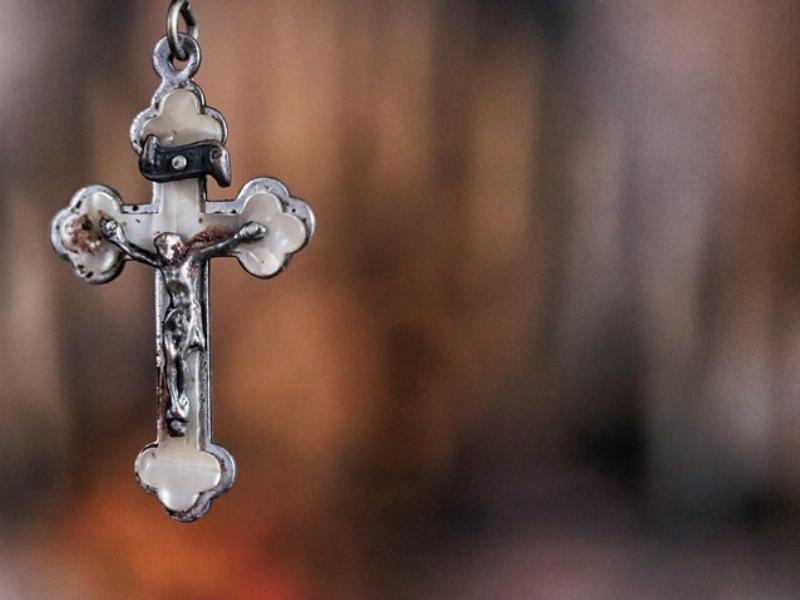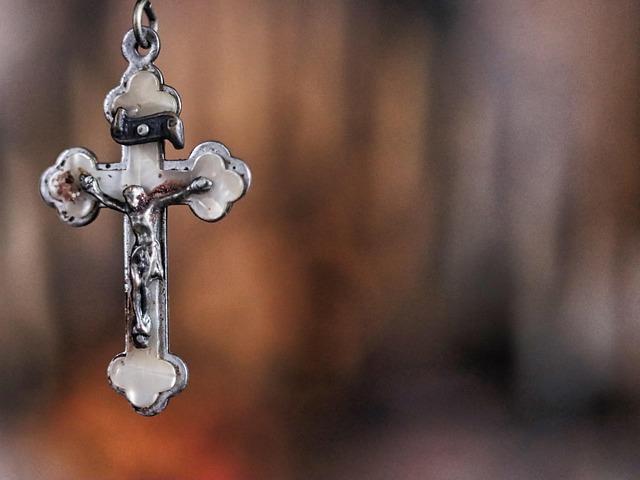


There is a striking paradox where Christians align themselves with policies championed by Democrats. Christians ostensibly profess a faith rooted in the sanctity of life, traditional morality, and a deference to divine authority. Yet many support, promote, and even celebrate agendas that promote abortion, LGBTQ ideologies and secularism — positions that echo the anti-Christian fervor of historical upheavals.
This cognitive dissonance is evident when viewed through the lens of the French Revolution, a cataclysmic event that not only dismantled the Church’s influence, but also sowed the seeds of modern leftist ideologies.
The French Revolution (1787–1799) is often romanticized as a populist uprising against monarchical oppression, but history reveals it as a deliberate rejection of divine and traditional authority, including that of the Catholic Church. At the end of the 18th century, France faced economic strains from wars, population growth, and crop failures which exacerbated social inequalities. The bourgeoisie and peasants, influenced by Enlightenment thinkers like Voltaire and Rousseau, sought reforms. What began as calls for rationalism over religious dogma and fiscal equity quickly deteriorated into a radical overhaul that targeted the Church as a symbol of feudal privilege. King Louis XVI convened the Estates-General of 1789 to address the financial crisis, although this quickly fractured along class lines, with the Third Estate forming the National Assembly and demanding a new constitution. The Revolution then shifted from reform to destruction, where “liberté, égalité, fraternité” became the façade for eradicating Christian influence.
The Civil Constitution of the Clergy in 1790 subordinated priests to the state, seized Church lands and dissolved monasteries. Priests were forced to swear allegiance to the government over God, those who refused faced exile or execution. This was a calculated purge. Catholic royalists in the Vendée region rose in revolt, only to be crushed in what historians describe as an early genocide, with over 100,000 civilians slaughtered. An unknown author wrote, “When every political opponent becomes an enemy of the nation, violence stops being an aberration and starts being policy.” We’re seeing this today as a shockingly large percentage of left-leaning Americans, inspired and goaded by democrat politicians and celebrities, view political assassinations as justified.
The Reign of Terror (1793–1794), led by figures like Maximilien Robespierre, amplified this violence. Robespierre, who initially opposed the death penalty, weaponized the guillotine to eliminate “enemies of the state”, including clergy and faithful laity. Churches were desecrated, saints’ names were stripped from streets, and in one heinous act, a prostitute was enthroned on the altar of Notre-Dame Cathedral as the “Goddess of Reason”. The Revolution’s de-Christianization campaign slaughtered thousands, including Carmelite nuns who sang hymns en route to the guillotine.
This historical assault on Christianity (especially Catholicism) highlights the illogic of modern Christians supporting leftist politics. The Democrat (they’re not democratic) party’s platform of staunch advocacy for abortion mirrors the Revolution’s libertine ethos, where human life was expendable in service to ideological purity. The Catholic Church unequivocally condemns abortion as an intrinsic evil, yet leftist Catholics and many mainstream Protestants rationalize support for pro-abortion candidates by prioritizing “social justice” issues like immigration, gun control, or poverty alleviation. This selective adherence reveals cognitive dissonance: how can one uphold Christianity's teaching on the dignity of life while supporting policies that have led to millions of abortions, akin to the Revolution’s genocidal purges? The Revolution’s “negative liberty” — freedom from restraint, enabling vices like pornography and prostitution — finds a direct parallel in today’s leftist push for unrestricted “reproductive rights”, which treats unborn life as collateral in the pursuit of personal autonomy.
The Revolution’s promotion of degeneracy set the stage for the left’s emphasis on LGBTQ rights, which often clashes with Christian teaching on marriage and sexuality. The Revolutionaries’ embrace of libertinism, including the proliferation of pornography and licentiousness, stemmed from an anthropological view that human desires are inherently good, unmarred by original sin. This is a rejection of Christianity’s “positive liberty” — freedom to pursue virtue — and replaced God with the state as the arbiter of morality.
In the 2024 Olympic opening, drag queens parodied the Last Supper alongside a nude Dionysus, symbolizing the same bacchanalian spirit that fueled the excesses of the Revolution. Today’s leftist policies endorse gender ideology and same-sex marriage, promoting a secular “liberty” that Christians view as enslavement to sin. Christians who vote Democrat while affirming Christian teachings on these matters engage in mental gymnastics, compartmentalizing faith from politics to avoid confronting the contradiction. For example, a Christian leftist might argue that “love is love” aligns with Christian compassion, ignoring papal condemnations of gender theory as ideological colonization.
The root of this cognitive dissonance stems from a misreading history and theology. The French Revolution was not a neutral quest for equality but a Luciferian rebellion against authority, declaring man supreme over God. It bore the fruits of atheism, totalitarianism, and moral relativism which then produced Bolshevism and Nazism, all of which persecuted religion. Leftist politics, with its secular humanism and state-centric solutions, inherits this anti-theistic DNA.
Today’s Democrats are attempting to marginalize religious exemptions in laws on contraception and transgender rights. This parallels the Revolution’s forced oaths and church seizures. Christians who support leftist politics wittingly or unwittingly align with forces that historically sought to eradicate their faith. This illogic is compounded by selective historical amnesia: while acknowledging the Revolution’s violence, leftists frame it as a necessary step toward modernity, ignoring its genocidal toll on believers.
The cognitive dissonance of leftist Christians is not just a personal inconsistency, but a betrayal of historical lessons. The legacy of the French Revolution warns us that ideologies prioritizing state over God, liberty over virtue, and desire over sanctity inevitably lead to tyranny and death. For Christians, true fidelity demands rejecting politics that echo that revolutionary spirit. Instead, they should advocate for policies aligned with Christianity’s eternal truths and stand firm against the evil that manifests in modern leftism.
It is only by resolving this dissonance that Christians can embody the faith they profess, and ensure that the errors of the past do not corrupt the present.

Image: Free image, Pixabay license.
